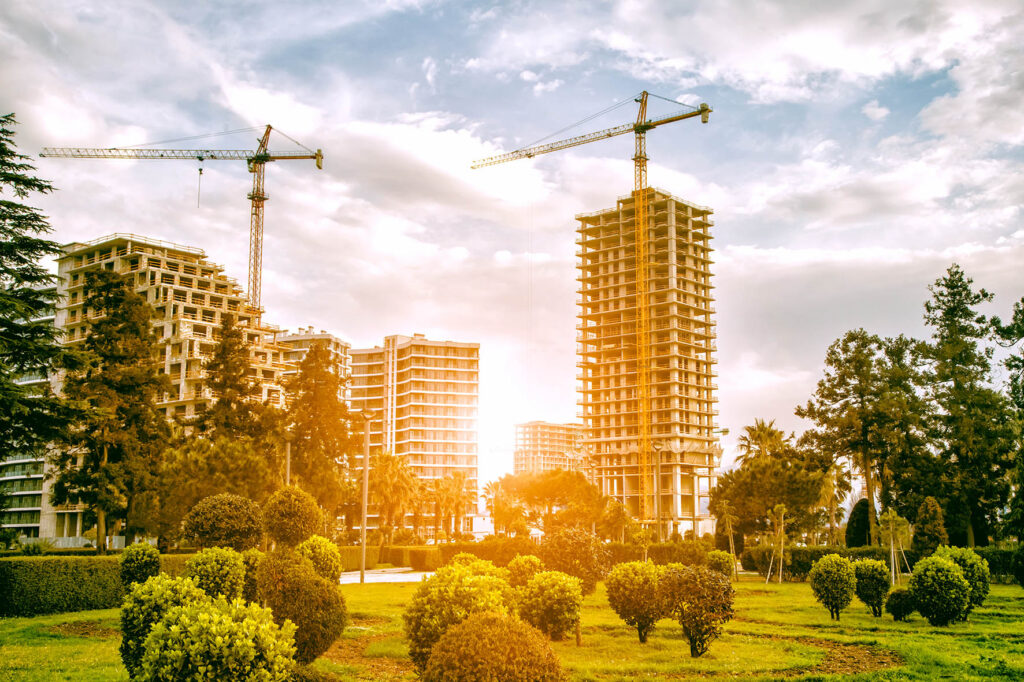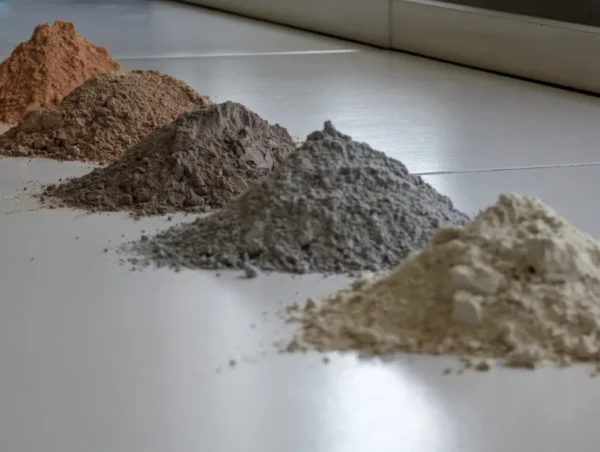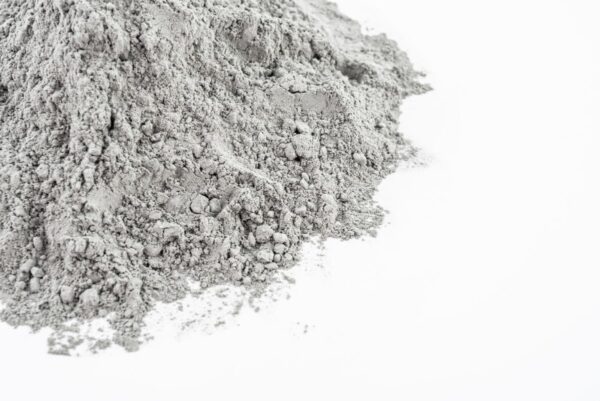Chryso’s Demonstrated Commitment to Sustainability and Environmentally Responsible Practices

Saint-Gobain has set ambitious sustainability goals, aiming for net-zero carbon emissions by 2050. This commitment is supported by science-based targets validated by the Science-Based Targets initiative (SBTi), which include a 33% reduction in scope 1 and 2 emissions and a 16% reduction in scope 3 emissions by 2030, compared to a 2017 baseline.
The company also adheres to the Global Reporting Initiative (GRI) standards, ensuring transparency and accountability in its sustainability reporting. Saint-Gobain’s sustainability strategy encompasses various focus areas, including water management, circular economy, and product stewardship. For instance, they aim to reduce industrial water withdrawal by 50% and achieve zero water discharge in areas with extremely high-water risk by 2030. Additionally, their circular economy initiatives focus on minimizing non-valorized production residue by 80% and increasing the use of recycled or
bio-sourced materials in their products.
Internally, Chryso aligns with these overarching commitments, while focusing on specific sustainable practices within the construction industry. In 2023, Chryso recorded a significant achievement by saving 15 million tons of CO2 using our admixtures, with the methodology validated by Deloitte. By 2030, Chryso aims to reduce energy-related emissions by 33% compared to 2022 levels. Over 20 sites currently operate with renewable electricity, thanks to solar panels and green energy certificates, with plans to equip additional sites with solar panels in 2025. Chryso also uses carbon pricing for capital expenditure projects to drive sustainable investments.
In terms of water management, Chryso has achieved zero industrial water discharge at all sites, with 18 sites operating in closed loops and reusing 100% of wastewater, up from 14 sites in 2023. Projects are in progress for water reuse at five additional sites, and standard recommendations for water reuse are being developed. Chryso is also working on developing water pricing for capital expenditure projects to further enhance water conservation efforts.
Additionally, Chryso has set a goal to cover 100% of its products with Life Cycle Assessments (LCA) by 2030, with 39% of the portfolio currently covered. Furthermore, 51% of Chryso’s employees have been trained in climate-related topics through the Climate Fresk program, with a target of 80% by the end of 2025.
Chryso’s eco-innovation process for products is another cornerstone of our sustainability efforts. This process assesses 27 criteria across the entire life cycle of a product, including environmental, health, social, and circular economy performances. The results are presented according to two axes: eco-design and sustainable construction applications. By integrating these comprehensive assessments, we ensure that our products not only meet high-performance standards but also contribute positively to environmental and social sustainability.
Externally, Chryso’s supply chain sustainability goals include a 16% reduction in scope 3 CO2 emissions by 2030. We are actively calculating our scope 3 emissions, focusing on raw materials data collection and analysis, and assessing downstream transport with the Ecotransit tool. Key levers for scope 3 reduction include partnerships with green suppliers, challenging suppliers to improve their sourcing and processes, implementing regional sourcing, and increasing the use of biobased raw materials.
Chryso also engages in several external sustainability programs to assist customers in achieving their sustainability goals. Our Circular Economy Program provides actionable insights through advanced metrics, workshops, webinars, and co-creation opportunities in regional labs. This program aims to help customers achieve operational efficiency and enhance performance while minimizing environmental impact. Additionally, Chryso participates in industry events like the World of Concrete, NRMCA, ACI, and ASTM to name a few, where we showcase our latest sustainable solutions and share best practices through technical bulletins, case studies, and project profiles.
Chryso’s proprietary EnviroMix® Impact App is another key tool, allowing customers to pre-quantify the CO2 reduction potential of optimized concrete mix designs. The app provides comprehensive reports for decision-making, helping customers compare alternate mix designs against cost and CO2 impacts. Furthermore, the Chryso®Clear Test is a unique, patented tool that identifies swelling clays in sands, enabling the use of lower-grade materials and contributing to circular economy goals. Chryso’s product portfolio, including EnviroMix® Strength Enhancers, EnviroMix® C-Clay, and EnviroAdd® Cement Activators, also plays a crucial role in helping customers decarbonize their businesses. EnviroMix® Strength Enhancers improve cementitious efficiency and reduce the carbon footprint of concrete. EnviroMix® C-Clay admixtures enhance the performance of calcined clay-based cements, offering a sustainable alternative to traditional supplementary cementitious materials. EnviroAdd® Cement Activators enable cement producers to reduce clinker content and CO2 emissions while maintaining high performance.
By actively participating in these external-facing programs and offering innovative products, Chryso reinforces its commitment to driving the construction industry towards a more sustainable future.





